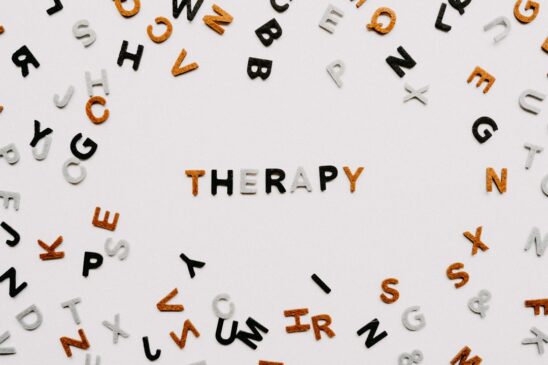A Comprehensive Guide to Mental Health: Tips and Strategies for Well-Being
Mental health is a crucial aspect of overall well-being that affects our thoughts, emotions, and actions. It plays a vital role in how we handle stress, relate to others, and make choices. Understanding mental health and knowing how to take care of it is essential for leading a fulfilling life. Here’s a comprehensive how-to guide to improving your mental health.
Understanding Mental Health
Mental health encompasses our emotional, psychological, and social well-being. It impacts how we think, feel, and act, and it also determines how we manage stress, relate to others, and make choices. Factors influencing mental health include:
- Biological Factors: Genetics, brain chemistry, and physical health can all affect mental health.
- Life Experiences: Trauma, abuse, and other life events can impact mental well-being.
- Family History: A family history of mental health issues can increase risk.
Recognizing Signs of Mental Health Issues
It’s essential to recognize when mental health might be a concern. Common signs include:
- Persistent sadness or low mood
- Increased anxiety or worry
- Withdrawal from social activities
- Changes in appetite or sleeping habits
- Difficulties concentrating or making decisions
- Feelings of hopelessness
If you or someone you know is experiencing these symptoms, it may be time to seek help.
Practical Strategies to Improve Mental Health
Improving mental health involves a multifaceted approach. Here are several effective strategies:
1. Practice Self-Care
Self-care is about taking time to care for yourself, physically and mentally. Here are some self-care practices to consider:
- Engage in regular physical activity, such as walking, yoga, or any sport you enjoy.
- Maintain a balanced diet rich in fruits, vegetables, whole grains, and lean proteins.
- Ensure you get enough sleep, aiming for 7-9 hours per night.
- Set aside time for hobbies and activities that bring you joy.
2. Build a Support System
Having strong social connections is vital for mental health. Reach out to friends, family, or support groups to share your experiences and feelings.
- Connect with friends regularly, whether it’s through calls, texts, or in-person meetings.
- Join local or online support groups where you can share and connect with others facing similar challenges.
- Consider professional support, such as a therapist or counselor.
3. Mindfulness and Meditation
Mindfulness practices can help reduce anxiety and improve mental clarity. Here are ways to incorporate mindfulness into your routine:
- Start your day with 5-10 minutes of meditation. Focus on your breathing and let go of distractions.
- Practice being present during daily activities—savor your food, enjoy nature, or focus on conversations.
- Explore mindfulness apps or online resources to guide your practice.
4. Engage in Meaningful Activities
Creating a sense of purpose can significantly impact mental health. Here’s how to get involved:
- Volunteer for local charities or causes you are passionate about.
- Pursue new hobbies or skills that interest you.
- Set personal goals and celebrate your achievements.
5. Limit Stress
Managing stress effectively is key to maintaining good mental health. Consider these techniques:
- Identify stress triggers in your life and find ways to mitigate them.
- Practice time management to create a balanced schedule.
- Learn relaxation techniques, such as deep breathing exercises, progressive muscle relaxation, or yoga.
Seeking Professional Help
Sometimes, self-help strategies may not be enough. It’s important to recognize when professional help is needed. Consider the following options:
- Therapy: Talk therapy, such as cognitive behavioral therapy (CBT), can be effective in addressing various mental health issues.
- Medication: In some cases, medication prescribed by a psychiatrist can help manage symptoms.
- Support Groups: Participating in a support group can provide additional coping strategies and shared experiences.
Choosing the Right Therapist
If you decide to seek therapy, finding the right therapist is crucial. Here are tips to help you choose:
- Look for a licensed professional with experience in your specific needs.
- Consider their therapeutic approach and ensure it aligns with your preferences.
- Schedule a consultation to see if you feel comfortable with them.
Creating a Routine for Mental Wellness
A structured routine can promote mental well-being. Here are components to include:
- Morning Rituals: Start your day positively with affirmations, exercise, or meditation.
- Daily Physical Activity: Aim for at least 30 minutes of exercise most days.
- Reflection: Spend time journaling or reflecting on your day and emotions.
- Evening Wind Down: Set aside time to relax, read, or engage in calming activities before bedtime.
Conclusion
Prioritizing mental health is crucial for overall well-being. By implementing these strategies, you can take proactive steps to improve your mental health. Remember, it’s okay to seek help and connect with others on this journey. Your mental health is just as important as your physical health, and making it a priority will lead to a more fulfilling life.



